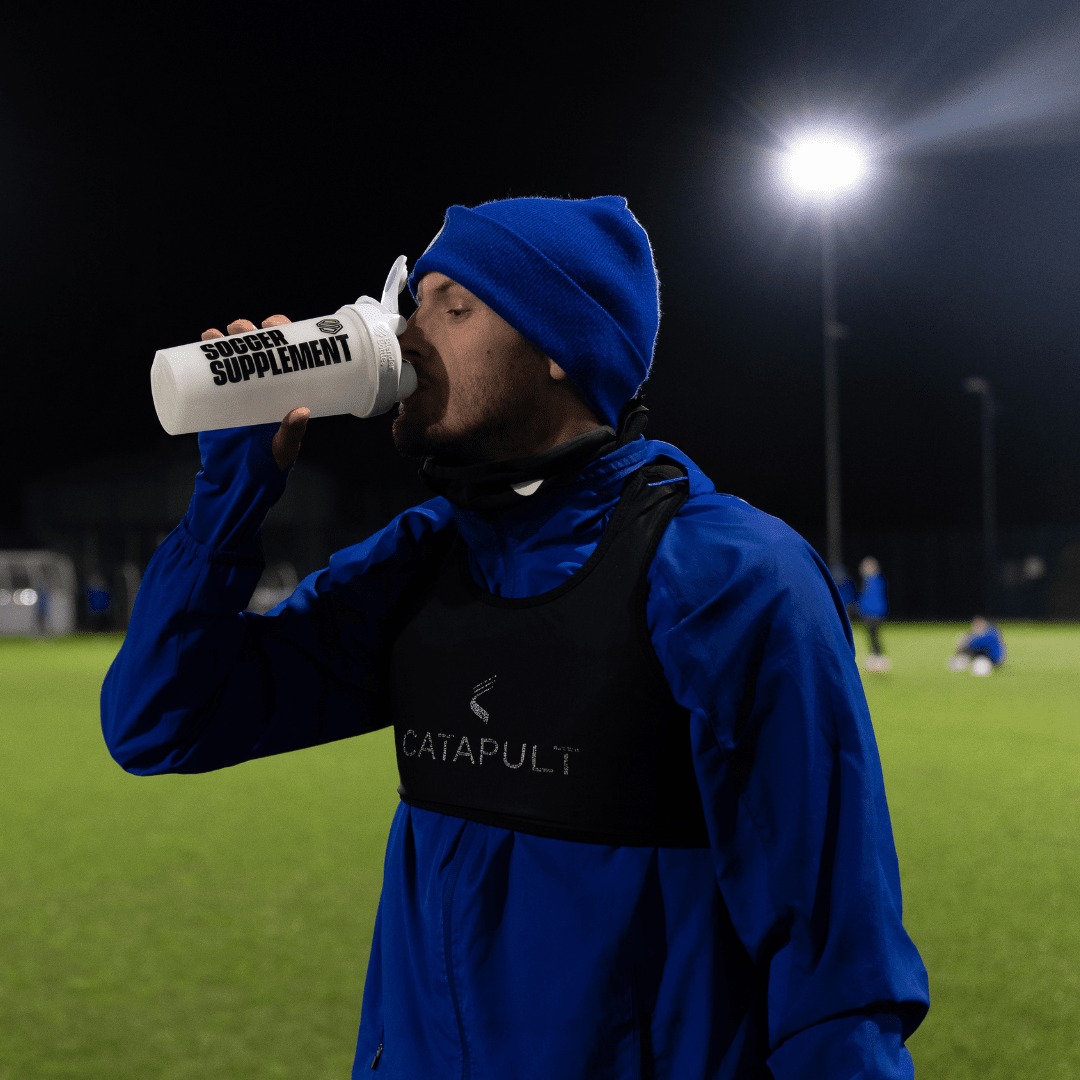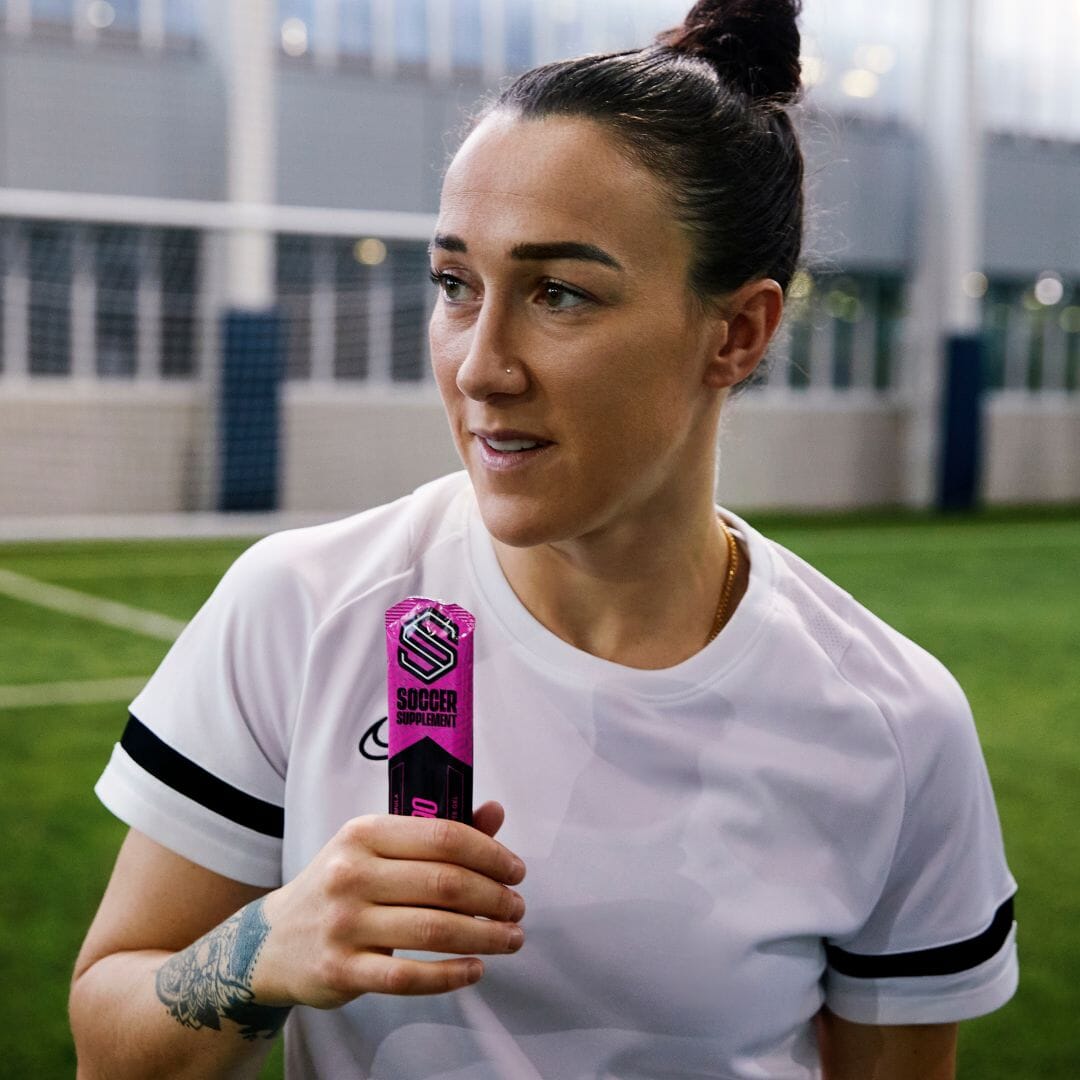Aerobic endurance is one of the most crucial fitness attributes for a soccer player, mainly due to the fact players must maintain a high level of intense actions throughout a 90-minute match. The length of a football match dictates that around 90% of the energy released during the 90 minutes is aerobic (The other being anaerobic efforts, typically more explosive and intermittent in nature – though these are still refuelled aerobically). Science lesson out of the way, why does all that matter? Though positions of course differ, the average footballer will run between 8-12 kilometres of total distance. It is important to understand that almost none of this will be covered at a traditional ‘steady state’, the type of which we will see with many ‘runs’ away from team training. During your average ‘run’, a steady few kilometres around your local field or roads, your heart rate will stay consistent, something that does not happen during a game, with many highs and lows depending on the phase of the match.
The key is not to blindly chase aerobic capacity, as that would likely steer you towards those more traditional road running, track laps and cross-country methods of training. It is important to recognise the movement patterns you would expect to complete in your position, then build them into functional drills. An example could be a fullback, where high speed overlapping runs is a feature of their game; completing these runs with some recovery runs to simulate the tracking back portion could be a great starting point. Whereas for a centre forward its likely to be intense double movements and held runs before completing shorter sprints in behind. Building these into drills with appropriate time frames will prove much more beneficial to your footballing performance, than the more traditional slow, long and really quite boring distance runs.
How to test this Aerobic performance? Try a Yo-Yo intermittent recovery test, all you need is some cones and a speaker, failing that if you have no equipment then a 1.5km best effort will suffice – remember, if you’re not assessing your guessing. Are you improving?






